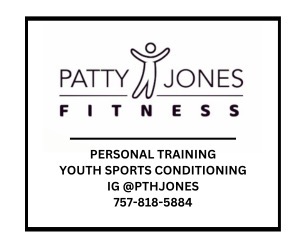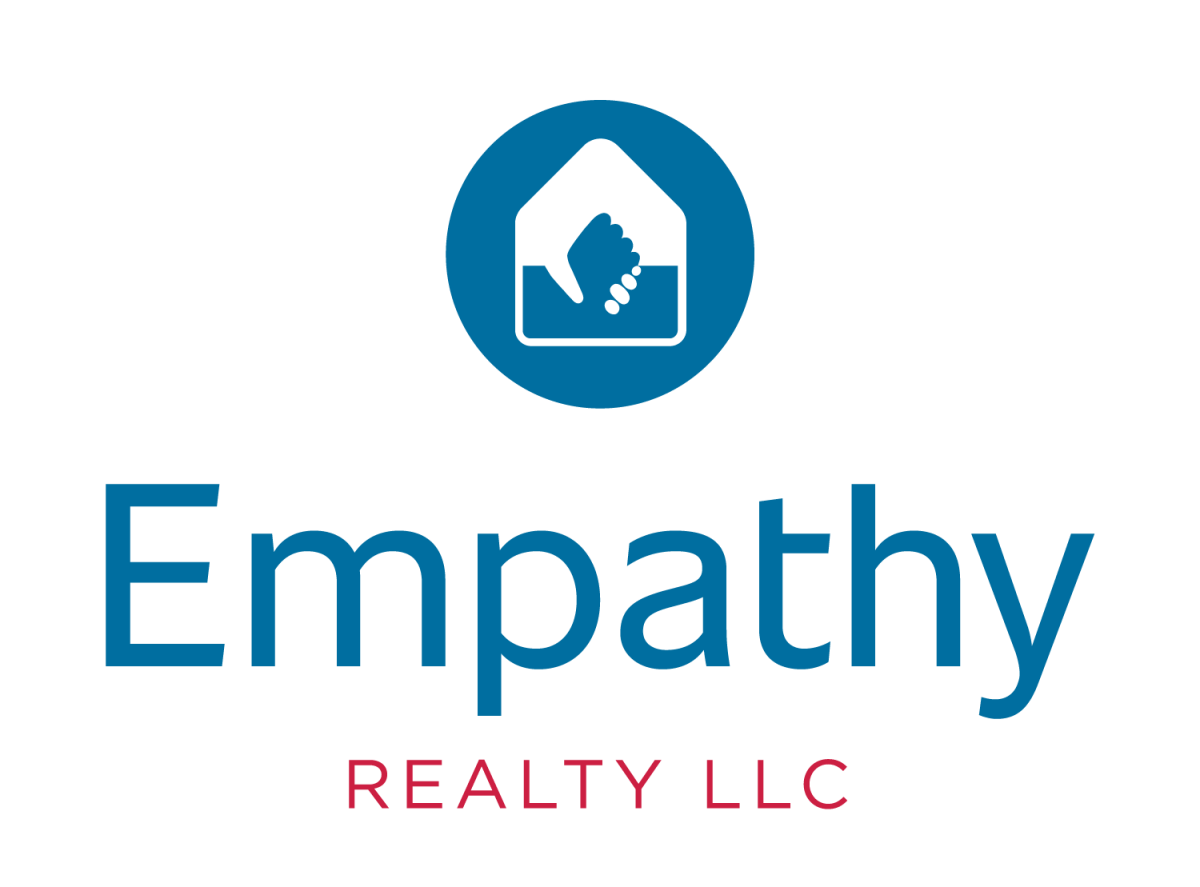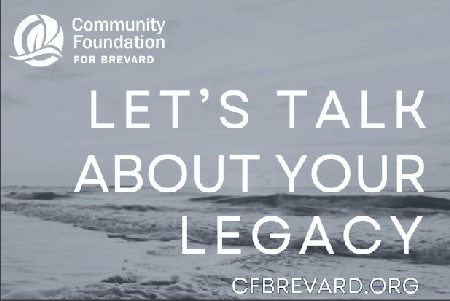Proposed Eligibility Expansion Bill Fails to Make Legislative Cut
July 18, 2023
When former West Shore student senior Lila Iwanowski learned about HB-303, a proposed bill in the Florida House of Representatives, she wished the bill had become law. Filed by Hillsborough Rep. Jennifer Canady, the bill would have expand student eligibility for the Bright Futures Scholarship, awarding the highest level disbursements to any AP Capstone Diploma recipient in Florida who has also met the service learning requirement.
“To think that I could be qualified for 100% right now and not have to be so stressed to get a 1330, is crazy,” Iwanowski said. “Even though I have a 4.0 and have worked really hard in school, I still don’t have the scores to qualify for 100 percent. [The bill] would have saved me so much stress that I am still dealing with.”
The Florida-specific scholarship has become a standard among most West Shore graduates and helps thousands of students pay for their college education each year.
“Bright Futures is a way of Florida trying to get our best and brightest to stay in Florida rather than going out of state,” College and Career Specialist Angela Feldbush said.
Last year, 15 percent of the 200,000 high school graduates in Florida qualified for the Bright Futures scholarship.
“The majority of our seniors end up earning some level of the Bright Futures scholarship since our curriculum is geared toward the eligibility requirements [and exceed them],” Feldbush said.
Despite the curriculum including Bright Futures requirements, every year there are still students that do not qualify for the scholarship.
“There are usually between 20 and 40 seniors each year that do not meet all the requirements,” Feldbush said. “Despite satisfying all other conditions, students often struggle to meet the score cutoffs.”
Feldbush ran statistics on the current eligibility of the 45 percent of seniors who are currently in AP Capstone Research.
Current eligibility criteria give full Bright Futures awards to students with an International Baccalaureate or Cambridge Diploma designation.
HB-303 would equate the merits of the AP Capstone program to these other programs.
“The idea was that because they have completed the rigorous [IB and Cambridge programs, students] have met the qualifications even if they don’t have specific test scores,” Feldbush said. “Our kids have been at a disadvantage because they still have to meet minimum test score requirements, but the new proposal would allow kids who finished the AP Capstone diploma to also qualify on equal footing.”
After taking the SAT three times to qualify for 100 percent, Capstone participant, senior Jack Zhao, said the proposal would not be fair to others who had to meet score cutoffs to qualify.
“Getting the 100 percent instantly with a Capstone Diploma is not really fair to the people who had studied hard to reach the 1330 SAT score,” he said. “Giving them the 75 percent Bright Futures scholarship [seems more reasonable].”
Canady’s Legislative Aid Rachel Barnes said they could not find a Senate sponsor for the Jan. 27 deadline after they submitted the idea for HB-303.
“For an idea to become a bill, [it must] have both a Senate and House sponsor so it can go through both chambers,” Canady’s Legislative Aid Rachel Barnes said. “It needs to be heard in both the House and Senate and voted on before it can be sent to the Governor to become law.”
Given the Bright Futures Scholarship is funded by the Florida lottery system, whose funds are finite, this result was not unexpected by Feldbush, but she remained hopeful the bill would pass.
“I think they have to balance their legislative priorities at the state level,” she said. “I think they understand that Bright Futures is a popular program that it is beneficial to students and to parents. I think anything that they do to expand the eligibility would be popular, and in the end, they are politicians and negatively impacting a popular program, I don’t think is a wise decision.”
At the same time as the initial filing of the bill and the search for a senate sponsor, the AP program was brought into question and challenged heavily in the state of Florida due to the expected launch of College Board’s pilot AP class, AP African American Studies. Iwanowski said she thinks this may have been part of the reason HB-303 did not pass.
“When the climate is as bad as it has been surrounding [the Advanced Placement Program] as a whole, I can’t imagine any senator would choose to sponsor a bill that makes AP hold greater merit in Florida,” Iwanowski said.
Students will not be experiencing the benefits of HB-303 this summer. In spite of this, Rep. Canady’s legislative aid said she remains hopeful this is not HB-303’s last stop.
“There is always a chance for next year but we will not be able to present the bill in any committees or on the Floor this Session,” Barnes said.



















































